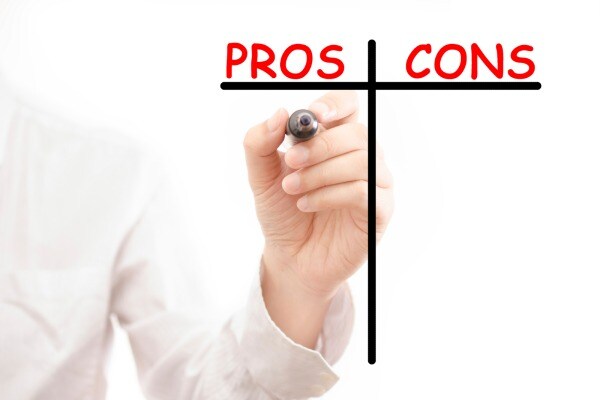
What should you do, Buy or lease!!!
Most people give varying opinions and basically most don’t know which method is better. Buying is traditionally the answer you get from most people. A financial perspective, it’s true, provided you’re willing to make higher monthly payments, pay off the loan in full and keep the car for a few years. Leasing is less expensive option can be a less expensive option on a month-to-month basis.
Each person has their own personal situation that may be more effective for them whether it be leasing or buying, so there isn’t a cookie cutter answer. Each scenario has its own set of pros and cons. We saythe decision to lease or buy usually comes down to your lifestyle and how you prefer to pay for things.
Leasing is traditionally less expensive than purchasing. This is based on how the dealerships create there terms which in part is mostly dictated by the financial institutions that provide the funding to the dealerships. The banks and funding companies control these factors and the dealership just implements such programs. Leasing is made to look attractive for the dealerships so consumers demand more leasing of autos, as it is cheaper than buying. Also, the financial institutions provide this to the dealerships because these institutions make such large volume of sales income with leasing programs than traditionally from direct consumer buying. More sales, more income a company makes!!! Truth be said, there are elements of this that do help a consumer with respect to leasing.
Simple examples are the following: if you need an upscale car for business, perhaps to entertain clients, leasing allows you to have a nicer car for less money. It might also provide a good tax write-off. However, if you’re someone who plans to stick with the same auto for years, the most financially best choice would be to buy a new or used car and keep it for as long as it is reliable.
Leasing in the long run will cost you more money but in the short run, your monthly payments will be less. Buying , you get to keep the car after all payments and have some book value as an asset to either trade in for a newer car, sell on the market, or use as collateral for a loan. You’d enjoy a few years without a car payment, which is the point of car buying. That’s something people often forget.
Ultimately, you can say good things about both buying and leasing. Your choice might come down to personal tastes and priorities rather than pure dollars and cents.
If you want to get a detailed report into the economics of leasing and buying, take a look at “How Much Car Can I Afford?” It has a detailed discussion of a few car-buying scenarios. We also recommend you try out the Edmunds Auto Calculators to see what your lease payments would be and to compare lease costs to car purchase costs.
Since everyone’s situation is different, here are the pros and cons of leasing and the pros and cons of buying. Some of these points are financial factors and others relate to your needs and lifestyle. Keep in mind that there isn’t always a perfect answer to the question of whether to lease or buy.
Leasing Pros:
1)You have lower monthly payments with a low — or no — down payment.
2)You can drive a better car for less money.
3)You have lower repair costs because you are under the vehicle’s included factory warranty.
4)You can more easily transition to a new car every two or three years.
5)You don’t have trade-in hassles at the end of the lease.
6)You pay less sales tax.
Leasing Cons:
1)You don’t own the car at the end of the lease (although there is always the option to buy).
2)Your mileage is typically limited to 12,000 miles a year (you can purchase extra).
3)You may find lease contracts confusing and filled with unfamiliar terminology.
4)You’ll pay more in the long run for a leased car than you will if you buy a car and keep it for years.
5)You could face excessive wear-and-tear charges. These can be a nasty surprise at the end of the lease.
6)You will find it costly to terminate a lease early if your driving needs change.
Buying Pros:
You can modify your car as you please.
You’ll save money over the long term if you buy a car.
You can drive as much as you like. There’s no excess mileage penalty.
You have more flexibility since you can sell the car whenever you want.
You can use the car as a trade-in on the next car you buy.
Buying Cons:
You have to pay a higher down payment to avoid being upside down in the loan (owing more than the car is worth).
Your monthly car payments are higher than lease payments.
You’re responsible for repair costs once the warranty expires.
You face possible trade-in or selling hassles when you decide to get your next car.
You’ll have more of your cash tied up in a car, which depreciates in value.
Summary
Basically, leasing makes it easier to get more car for less money. This is because you only pay for the use of the car for two or three years, instead of paying for the vehicle itself. Buying, on the other hand, frees you from the restrictions involved in leasing, such as mileage caps. The car is yours to do with as you wish.
Determine your needs and decide which choice best suits your lifestyle.
